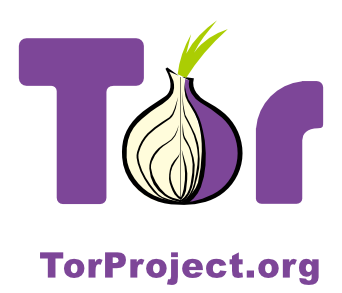Over the summer I have been following reporting surrounding the TOR project. I have learnt some interesting things. I must admit that I tried to download the browser but I couldn’t work out how to get it up and running, but that is probably more due to my own incompetence than anything else.
Tor has some serious issues as far as ethics goes, because it is designed to help people to remain anonymous as they use the net. This may to some seem perfectly justified given that Google and their friends are monitoring our every move and storing it all for resale later, but it is also great for criminal activity.
Recently reports emerged from Russia that the head of the Federal Security Service (FSB) has personally ordered preparations for laws that would block the Tor anonymity network from the entire Russian sector of the Internet. Obviously his aim is not to stop people from anonymously using the Internet, but to fight crime. The agency initiated the move as internet anonymizers were used by weapon traffickers, drug dealers and credit card fraudsters, giving the FSB an obvious interest in limiting the use of such software.
Other reports claim that not all of Russian law enforcement are in agreement, because criminals tend to overestimate the protection provided by the Undernet, act recklessly and allow themselves to get caught. Here the so-called Undernet is the key though, as anonymity is difficult to police.
Other reports state that “Security experts have accused US law enforcement of taking advantage of a flaw in the Firefox Internet browser then exploiting it to identify and potentially monitor subscribers to Tor”. It appears that the malware comes from the USA, but nobody is admitting to creating it, and as the Russians accuse the FBI and vice versa, any truth will be difficult to find.
One truth is however that Tor allows for the proliferation of various forms of criminality and exploitation that I would rather not go into here. The problem remains though, do we have the right to online anonymity? If not who has the right to stop us?
To return to following the news, I read that workers at the NSA and GCHQ in the UK have been accused of leaking information that they have regarding flaws in the workings of Tor. These two organizations are extremely interested in the browser for the obvious reasons above, but there is more that you might expect here. According to the BBC “The BBC understands, however, that GCHQ does attempt to monitor a range of anonymisation services in order to identify and track down suspects involved in…….crimes”.
But! Tor was originally designed by the US Naval Research Laboratory, and continues to receive funding from the US State Department. It is used by the military, activists, businesses and others to keep communications confidential and aid free speech.
And it turns out that the investigating agency rely on Tor for their own work, to keep themselves safe and anonymous, so they seem to be in a bit of a contradictory position to say the least.
So there appear to be many unanswered questions about the level of anonymity achieved, who has access, who works to destroy and who works to aid the project, and once more I find myself looking into a murky world.

